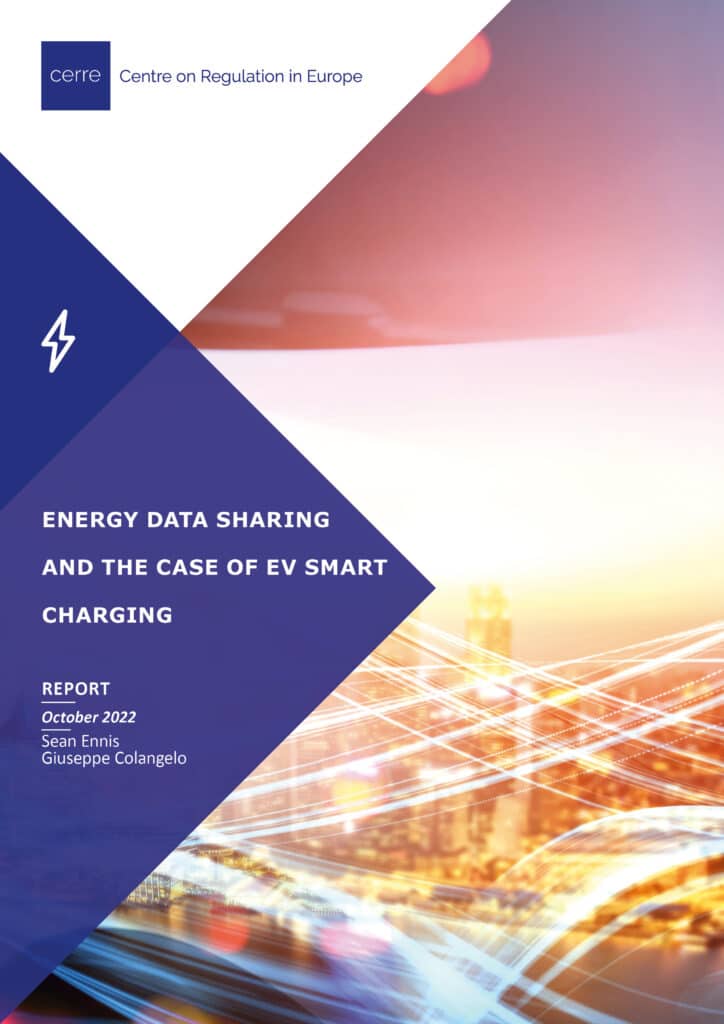Director, Centre for Competition Policy, University of East Anglia
Professor Sean Ennis is an economist, author, and expert. He focuses on company behaviour, competition, and regulation.
Sean Ennis is Professor of Competition Policy and Director of the Centre for Competition Policy at the University of East Anglia.
Previously, he was a Senior Economist in the Competition Division of the OECD. Prior to that, he has served as an Executive Director of the Competition Commission of Mauritius, as an Economist at the European Commission’s DG Competition and at the U.S. Department of Justice’s Antitrust Division.
Over the years, Sean Ennis has published research studies and reports published by economic journals and submitted to the European Parliament, the G20, the OECD and the World Bank. He has co-authored reports for regulatory and government agencies in Australia, Greece, Mexico, Romania, the United Kingdom, and the United States.
He received a BA (Hons) in Economics from King’s College, Cambridge and a PhD in Economics from the University of California at Berkeley.
Professor Sean Ennis is an economist, author, and expert. He focuses on company behaviour, competition, and regulation.
Sean Ennis is Professor of Competition Policy and Director of the Centre for Competition Policy at the University of East Anglia.
Previously, he was a Senior Economist in the Competition Division of the OECD. Prior to that, he has served as an Executive Director of the Competition Commission of Mauritius, as an Economist at the European Commission’s DG Competition and at the U.S. Department of Justice’s Antitrust Division.
Over the years, Sean Ennis has published research studies and reports published by economic journals and submitted to the European Parliament, the G20, the OECD and the World Bank. He has co-authored reports for regulatory and government agencies in Australia, Greece, Mexico, Romania, the United Kingdom, and the United States.
He received a BA (Hons) in Economics from King’s College, Cambridge and a PhD in Economics from the University of California at Berkeley.




